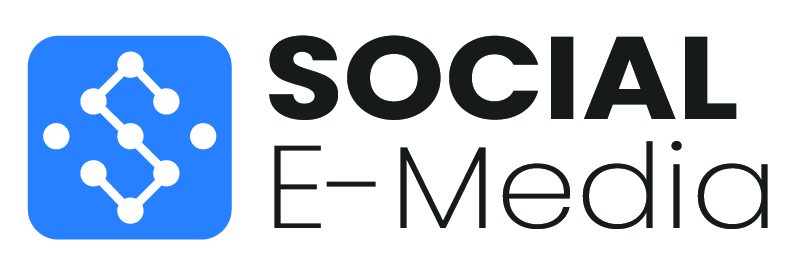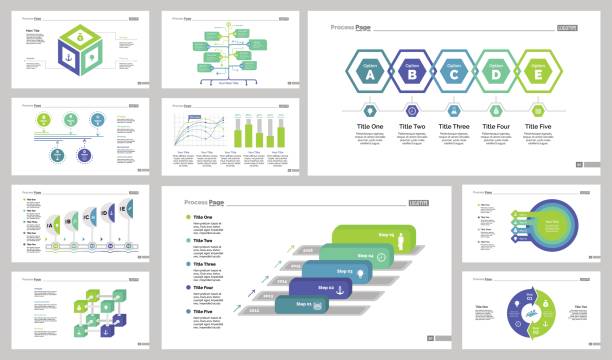
Digital Transformation in Healthcare: What you need to Know
The healthcare sector is one of the most critical sectors in the world. From frontline patient management and nursing to pharmaceuticals–every facet of healthcare needs to be efficient and forward-thinking, and digital has impacted how the industry operates and communicates.
In the healthcare sector, people are dependent on its success. It is essential to adapt and innovate in a constantly changing landscape.
Medical providers are not an exception. Leaders in all sectors invest in digital transformation to improve their services and innovate.
We explore digital transformation here and explain why embracing digital technologies and processes in this hyper-connected era is essential.
Why is digital transformation necessary in healthcare?
The wheels of digital change were turning, but slowly. Medical institutions and pharmaceutical companies needed to catch up in digital transformation, using outdated tools and processes.
Medical health mobile apps are expected to grow into 2030. The market is estimated to be worth $ 13.4 billion in the US. This is a testimony to the growing importance of digital transformation within healthcare.
Digital transformation is transforming healthcare.
COVID-19’s spread has triggered a digital transformation in every healthcare and pharma sector, causing medical institutions, brands, and providers to reimagine how they operate.
The NHS in the UK invested heavily in digitalizing its maternity services. This innovative step towards digital transformation has reduced the amount of paperwork and saved the trust forty hours per year in staff administration.
This new technology-driven initiative gives maternity staff detailed patient analytics through a digital dashboard while improving the patient experience. With the help of user-friendly online tools and apps, maternity patients can now access vital information instantly. They can also gain secure access to their records.
According to Deloitte, 92 percent of medical professionals and healthcare providers think a better patient experience is their desired outcome. Patient experience and engagement are the most critical areas for investment, according to 88 percent.
Deloitte insights about healthcare
Pharmaceutical industry brands use technologies like artificial Intelligence (AI) and Machine Learning (ML) to understand their audiences better. Intelligent tools and analytics help pharma brands improve their product development process while providing personalized content which establishes authority.
Digital transformation is essential for healthcare
Digital transformation is essential to the success of the healthcare sector. It can help improve customer experience, adhere to regulations, and be ethically transparent. You can achieve the following by digitizing your vital organizational processes and functions:
Optimize workflows, minimize administrative tasks, and improve efficiency. This will allow you to focus your resources on initiatives that move your institution or organization forward.
Improve patient care significantly by gaining a 360-degree view of vital data and insights. This will improve decision-making while facilitating personalized care.
Preventing medical disasters and reducing unnecessary illnesses and deaths is possible by identifying and preventing them.
Streamlining operations and removing unnecessary processes will improve financial efficiency.
Improve your sales and marketing efforts in healthcare by improving medical product development and understanding the medical consumer better.
Brands and providers must both embrace digital transformation to stay relevant. 60% of medical organizations believe that their digital transformation is only half-complete.
Telehealth or “on-demand” healthcare is on the rise
Telehealth will be the most lucrative investment segment in healthcare IT for the next 12-24 months.
Patients and consumers can now access information at any time, anywhere.
On-demand healthcare services enhance the user experience by adapting to today’s digital Natives.
According to the study on Digital Transformation in Healthcare in 2020, medical consumers today frequently search online for information about:
Researching doctors (47%)
Look at hospitals and medical facilities (38%).
Book medical appointments (77%)
As digital transformation continues to grow in healthcare, more HCPs will develop apps, platforms, and content hubs that will provide consumers with personalized information, medical guides or news, and booking services that allow them to manage their own healthcare.
Big Data and Predictive Analytics
Many HCPs invest in data mining and big data analytics to gain a deeper view of patient data.
Big data and analytics can uncover patterns or trends that could be used as a preventative measure. They can also reduce human error, gain valuable insights and improve the patient experience.
Medical providers and pharmaceutical brands with access to cohesive visual data can create initiatives or strategies to guide their patients toward a healthier, safer future while preventing budget-sapping issues or events before they occur.
Access to consumer and patient data allows for a tailored experience tailored to the individual’s needs and pain points. This, in turn, increases trust, engagement, and brand advocacy.
Wearables continue to be popular
The medical wearables industry is flourishing, as we have already mentioned. HCPs and pharmaceutical brands can tap into this highly dynamic market.
You can get a lot of information about your target audience by providing wearables like heart rate monitors and sweatomitors. This will also give you a direct communication channel. Medical brands can tap into the existing wearable market and partner with reputable brands such as FitBit or Garmin. To deliver highly-targeted, relevant content to key audiences.
Wearables can encourage consumers to engage in your brand while providing opportunities for gamification and sharing valuable content to showcase the value of products or services.
Fitbit
FitBit’s Health Solutions Partnership Program has proven successful. Numerous medical brands and organizations have teamed up with suppliers to offer wearables for their patients or consumers to track statistics and benefit from reward or recognition initiatives. This trend is expected to continue over the next few years.
Digital marketing in an industry with high regulations
Digital transformation offers HCPs and Pharmaceutical Companies a wealth of brand-boosting possibilities, but there are some roadblocks in an industry that is highly regulated. The key to success is compliance with regulations, and the customer journey must be the focus of any strategy.
One of the biggest challenges for healthcare marketing is navigating the red tape. To remain compliant and credible, it is essential to understand what you are allowed or not permitted to say. It can be challenging to navigate such strict rules and regulations, especially in an age when consumers have access to a wealth of medical information at the touch of a screen.
By using data, you can deliver better content and context than your competitors without any red tape.
Multichannel marketing is another marketing challenge that medical brands and providers face. According to 63 percent of pharma marketers, a multichannel approach that includes online and offline marketing produces the best results.
Multichannel marketing can be challenging to achieve, as many functions and processes need to be considered during the digital transformation.
You will accelerate your transformational journey by developing a digital strategy that is comprehensive and aligned with your organizational goals.



